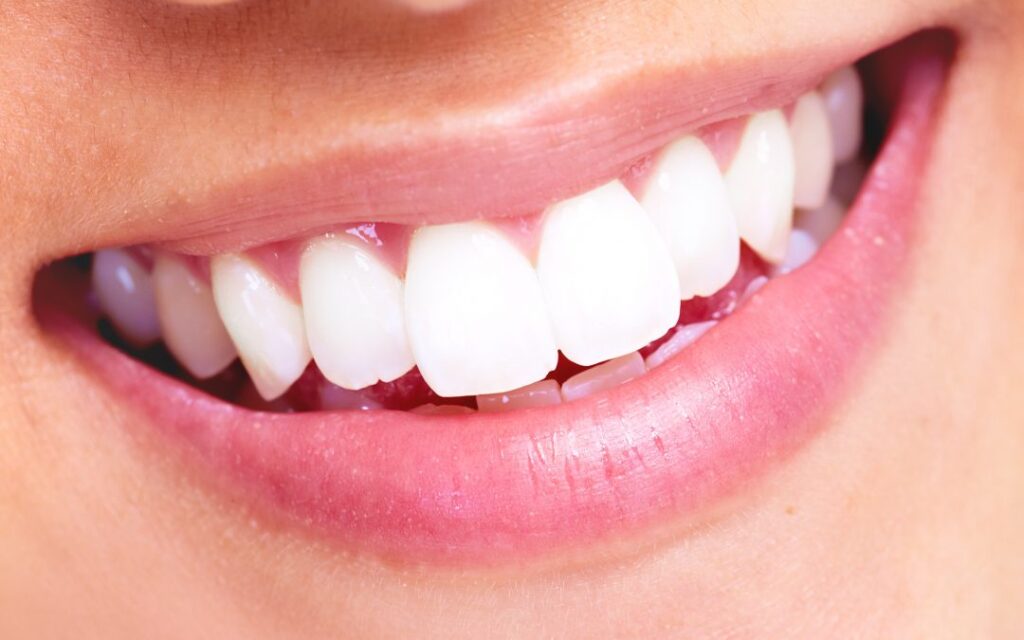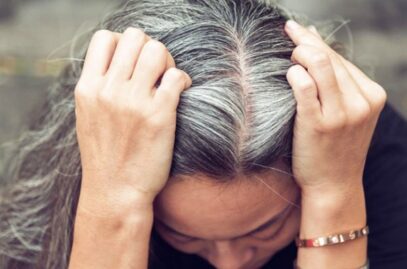Best practises for maintaining dental hygiene and having white teeth
Maintaining dental hygiene is a lifelong endeavour, but with the expert-recognized healthy daily routines, you can learn how to do it.
Advice for maintaining good oral health dental hygiene.

Fresh breath and sparkling teeth require lifelong maintenance because they are signs of general health. Even if someone has remarked on how great your teeth are, you must still take the necessary precautions each day to meet your oral hygiene demands. Everyone of us who consistently puts off our “date” with the dentist ought to reconsider.
The majority of us are unaware that dental care is one of the most important aspects of maintaining good general health. Patients with diabetes and cardiac conditions are especially at risk. When women neglect their dental health during pregnancy, problems might also arise.
A few adjustments to our everyday routines, according to the expert, can be made to preserve the condition of our white teeth and oral hygiene.
- Brush your teeth after breakfast “Instead of doing it first thing in the morning after waking up from sleep, it is advised to do it right away after breakfast. It enables saliva to first neutralise acids. So brush your teeth and eat breakfast, the expert advises.
- Always clean your teeth before bed.
If you talk to your dentist, the cliched advice to wash your teeth twice a day will come up. Despite knowing all of this, we still decide not to clean our teeth at night. However, the expert advises that brushing after supper helps preserve dental hygiene by assisting us in getting rid of the bacteria and germs that have gathered throughout the day. - Remember to schedule regular dental checkups.
Gum issues can affect patients with a variety of profiles, and some may need scaling or maintenance therapy. If there are no additional problems like gum disease or tooth damage, these are crucial for maintaining excellent oral health. - Mouthwashing and flossing are also beneficial.
While waiting 10 minutes after eating allows the mouth temperature to return to normal, it is still suggested to brush after every meal and beverage, including coffee and tea. Additionally, for proper oral hygiene, flossing should be done after meals. A crucial component of practising proper dental hygiene is using mouthwash. Mouth fresheners may give you a momentary feeling of freshness, but they don’t improve your dental hygiene. - Consume fewer foods that can damage your teeth.
Limiting the regular use of food and beverages with refined sugar, fizzy beverages, and chocolate is essential for proper oral hygiene maintenance.”It is a myth that milk consumption promotes the development of robust teeth, but this is only true for children under the age of five.



